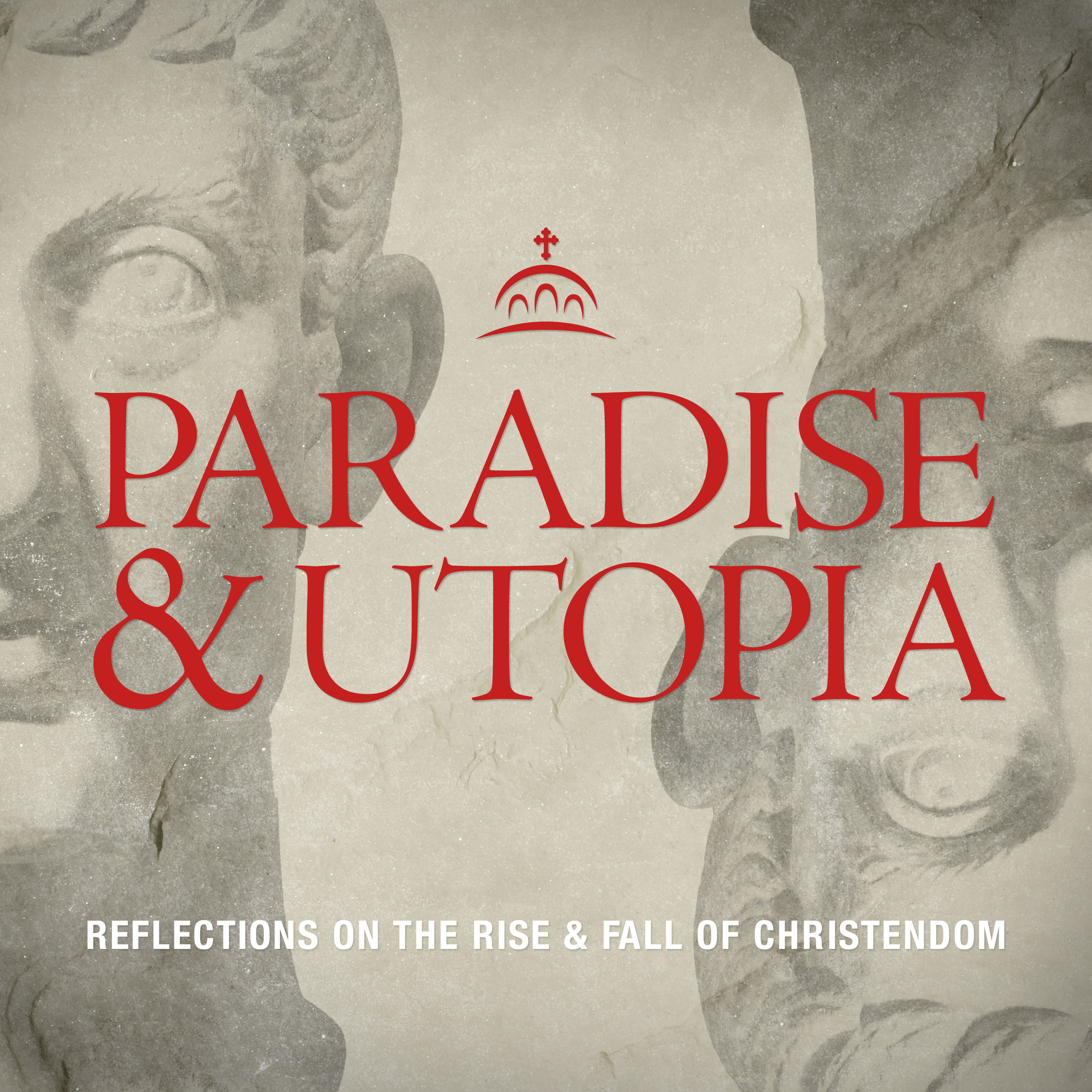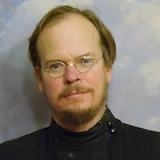Paradise and Utopia
When Christendom Was Born Again I: The Roman Revolution of Cola di Rienzo
In this anecdotal introduction to Reflection 21, Father John relates a remarkable but short-lived revolution in fourteenth-century Rome that served as a sign of what the age of utopia would bring. Listeners who enjoy the music of Richard Wagner will recognize the ill-fated revolutionary's name and understand why the turbulent nineteenth-century composer was attracted to him! And speaking of music, if you are wondering about the new closing sequence, it is a chorus from Mozart's utopian opera The Magic Flute and consists of the following (in translation): "When virtue and justice strew with fame the path of the great, then earth is a realm of heaven, and mortals are like the gods."
Friday, September 24, 2021
Listen now
Download audio
About
This is a series of forty reflections on the history of Christian civilization, or Christendom (and will include additional introductory and concluding episodes). It is divided into two halves tracing the “rise” of Christendom in early times and its “fall” in modern times. The entire podcast is organized around the theme of “paradise and utopia” - that is, of the civilization’s orientation toward the kingdom of heaven when traditional Christianity was influential, and of its “disorientation” toward the fallen world in the wake of traditional Christianity’s decline in the west following the Great Schism.
Contributors

 Fr. John Strickland
Fr. John Strickland